Flying Cars and National Parks
Submitted by brad on Tue, 2018-09-11 12:14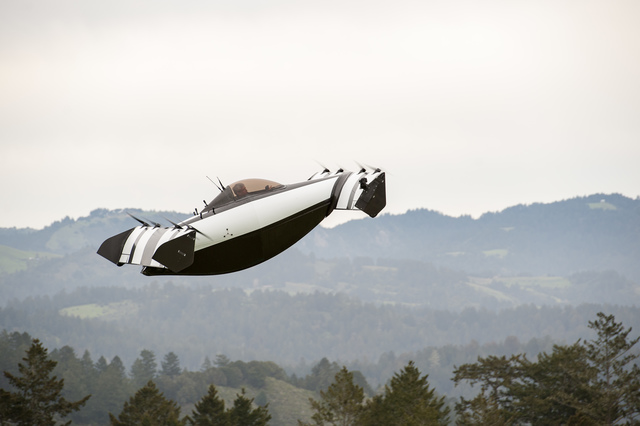
Brad Templeton is Chairman Emeritus of the EFF, Singularity University founding computing faculty, software architect and internet entrepreneur, robotic car strategist, futurist lecturer, photographer and Burning Man artist.
This is an "ideas" blog rather than a "cool thing I saw today" blog. Many of the items are not topical. If you like what you read, I recommend you also browse back in the archives, starting with the best of blog section. It also has various "topic" and "tag" sections (see menu on right) and some are sub blogs like Robocars, photography and Going Green. Try my home page for more info and contact data.

My article last week on Sleeper cars generated lots of interest, and Volvo's concept car generated lots of press too. Some of it was quite negative, including a article provocatively calling them the dystopian future we must prevent. I thought I would revisit some of the things about such vehicles that run quite counter to the intuitions of those used to 20th century transportation and transit.
 Canon has finally released a higher-end, full frame mirrorless camera. Nikon also released theirs a few weeks ago. Canon had seriously botched their entry into APS-C (smaller sensor) mirrorless with the M series. Nikon did a better job. Sony took ownership of the full-frame mirrorless space causing many, including myself to switch, even though their cameras were far from perfect.
Canon has finally released a higher-end, full frame mirrorless camera. Nikon also released theirs a few weeks ago. Canon had seriously botched their entry into APS-C (smaller sensor) mirrorless with the M series. Nikon did a better job. Sony took ownership of the full-frame mirrorless space causing many, including myself to switch, even though their cameras were far from perfect.
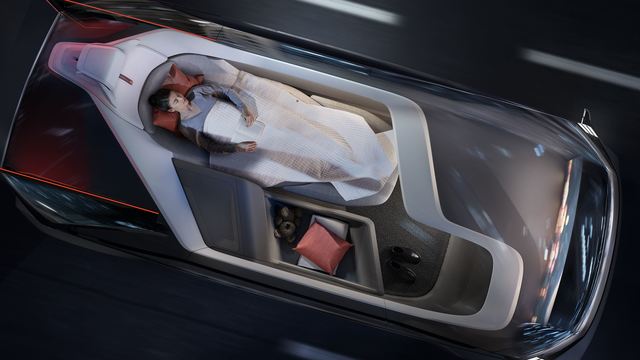
Yesterday, Volvo got some good buzz for a concept car which included a bed for sleeping and asking the question "why fly when you can be driven?". I've written about sleeper cars before, as well as the full robo-RV, but let's put all the issues together.


I rarely just link to another story, but today I will point all to Aurora's post on its development philosophy. I think it contains some important lessons for all in the field.
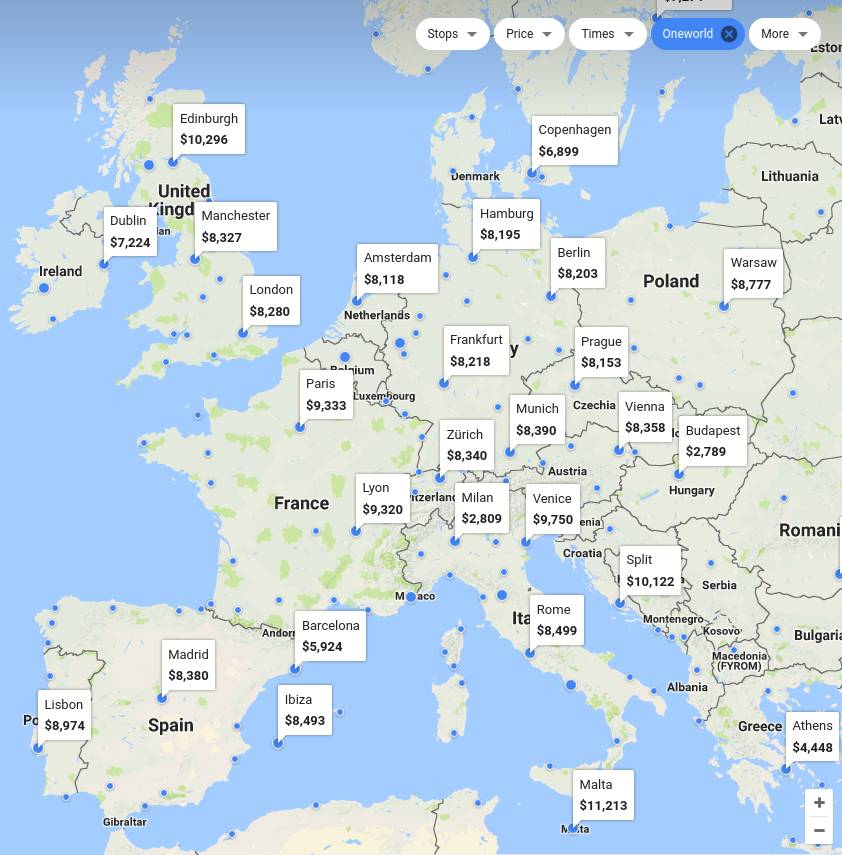 A couple of years ago I released my list of factors by which robotaxi companies might compete. Many people wonder if there will be a natural monopoly, limiting us to one or two companies per city, or if we might get more.
A couple of years ago I released my list of factors by which robotaxi companies might compete. Many people wonder if there will be a natural monopoly, limiting us to one or two companies per city, or if we might get more.
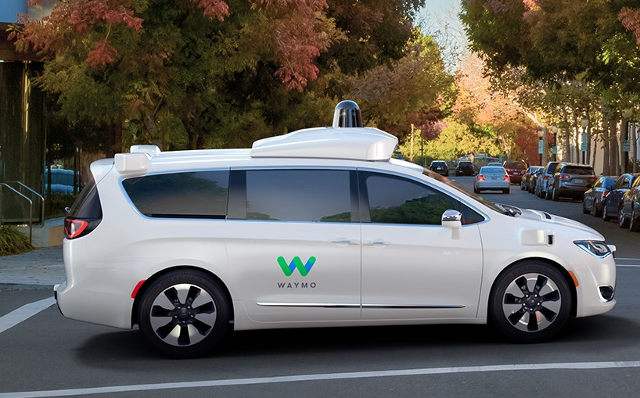
This week's hot story was again from Amir at The Information and there is even more detail in the author's Twitter thread.
The short summary: Amir was able to find a fair number of Waymo's neighbours in Chandler, Arizona who are getting frustrated by the over-cautious drive patterns of the Waymo vans. Several used the words, "I hate them."

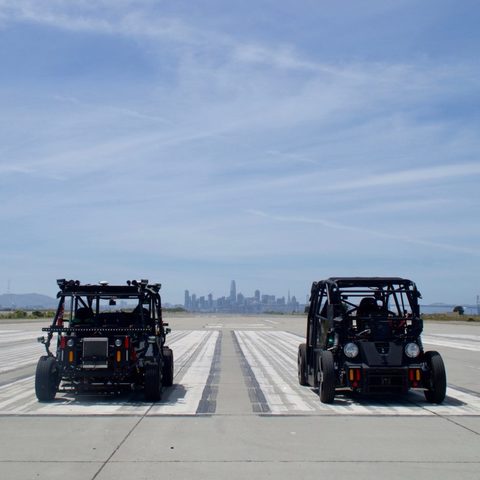
A few weeks ago, I published an analysis of the Zoox strategy to produce a custom car. Last week, Zoox decided to fire its founder and CEO, Tim Kentley-Klay, with no warning. Very little has been said, other than:

This is where your car charges, not at your house
Many of us believe that there's a natural fit between electric drive trains and robocars. It's not required -- you can certainly make robocars driven by gasoline, natural gas, hydrogen or anything else.
Electric has several advantages:

There have been recently a few news announcements and in depth coverage of Waymo.

When you travel, a whole ton of online resources are available, but there is still great value in the classic guidebook that you pay money for. Free tourist information (particularly from tourist boards) is not acting in your interest. Some of the ad or booking supported travel sites do give independent information (or aggregated user information) but they have their biases as well, and are also full of review-spam.
The newsletter The Information reports Uber's investors are pushing Uber to sell its self-drive division to some other large player. The division has, of course, been nothing but trouble for Uber, and as I have noted several times, Uber is one of the few large players in this space that doesn't have to build their own tech. They have the #1 brand in selling rides, and selling rides is what the robotaxi business is all about.

There have been many efforts (none much of a success) to define Science Fiction and the related genres of fantasy, alternate history and speculative fiction. It might be more useful to examine why the genre exists, and why people come to it, and thus what may (to some) define greatness within it.

There are a lot of parking apps out there. There are apps that:
 I and many others feel the best way to set urban and transportation policy is to properly price in the "externalities" into our travel, and to remove all other penalties and subsidies. If you can do this, then everybody is incentivized to improve the public good. In particular, entrepreneurs and companies are motivated this way, and it's their job to think of the new things nobody else thought of.
I and many others feel the best way to set urban and transportation policy is to properly price in the "externalities" into our travel, and to remove all other penalties and subsidies. If you can do this, then everybody is incentivized to improve the public good. In particular, entrepreneurs and companies are motivated this way, and it's their job to think of the new things nobody else thought of.
In the health care debate, a major complaint is the cost of drugs in the USA compared to other countries. This is normally blamed on the pharma companies or patents, but I've learned that the pharmacies can be a giant part.


I've written a lot about parking, most notably my
Copyright © 2025, Brad Ideas
Designed by Zymphonies
